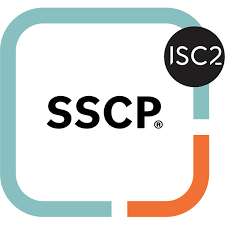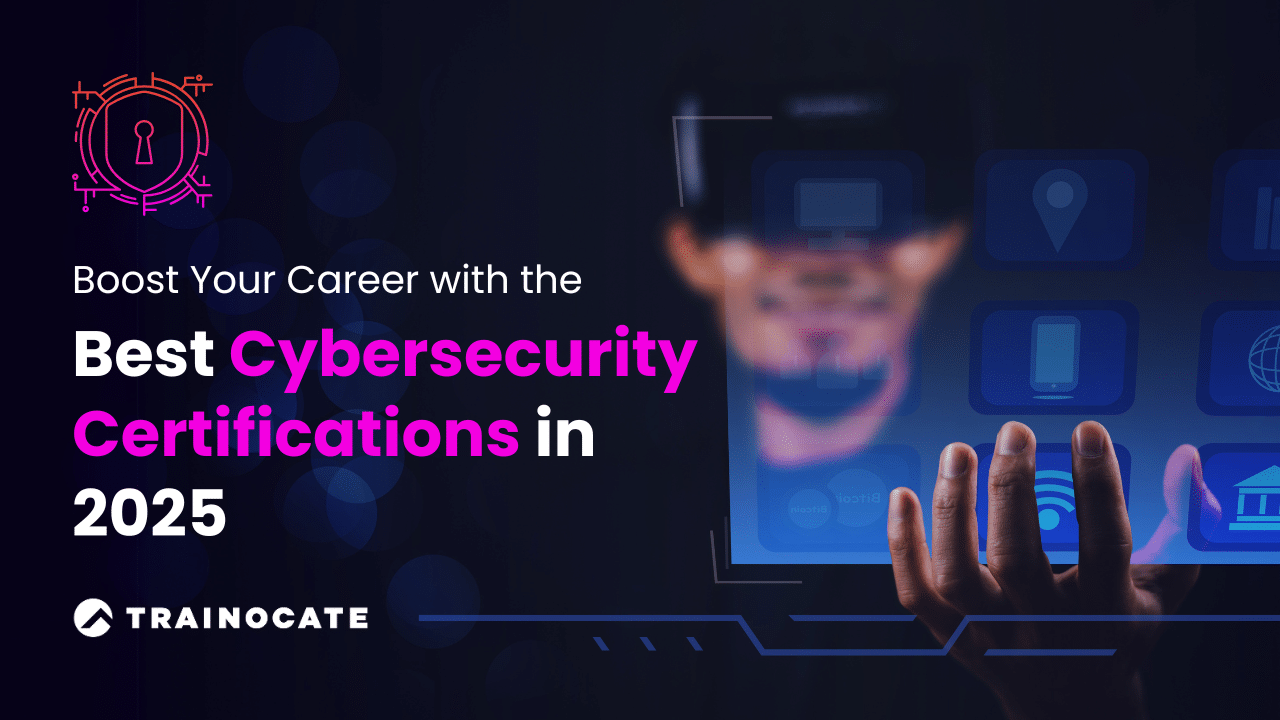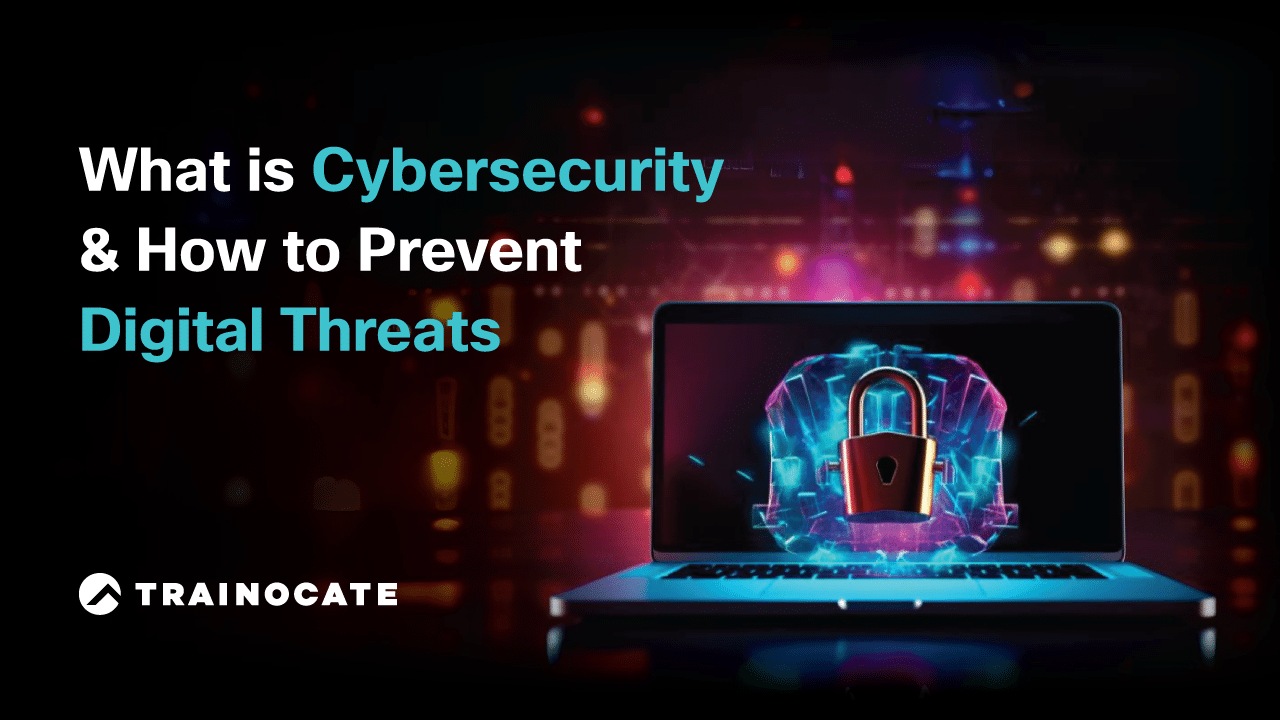

ISC2 Systems Security Certified Practitioner (SSCP)
Intermediate Level
Build essential technical skills to secure IT infrastructure effectively with ISC2‘s globally recognized SSCP credential.
The Systems Security Certified Practitioner (SSCP) from ISC2 validates your technical expertise in implementing, monitoring, and administering IT infrastructure using cybersecurity best practices. Ideal for hands-on IT professionals, this certification confirms your competence in operational security, incident response, cryptography, and network security aligned with global standards.
Gain practical, hands-on knowledge to effectively manage and secure IT infrastructure.
Trainocate’s SSCP course is a comprehensive five-day training program covering all seven domains:
- Security Concepts and Practices
- Access Controls
- Risk Identification, Monitoring, and Analysis
- Incident Response and Recovery
- Cryptography
- Network and Communications Security
- Systems and Application Security
Through expert-led sessions, hands-on labs, and realistic scenarios, you’ll learn how to implement and manage robust security controls within your organization’s IT systems and networks.
Skills measured:
Who is this for?
As organizations continue to pursue digital transformation initiatives, the threat landscape is always expanding. Yet cybersecurity leadership talent is scarce.
The World Economic Forum Global Risks Report 2024 ranked “cyber insecurity” — including threats
like cyber warfare, cyber espionage, ransomware, fraud and data theft — as a top concern.
(WEF Global Risk Report 2024)
Global end-user spending on information security will rise to $212 billion in 2025 — a compound annual growth rate of
11.7% between 2023 and 2028.
(Gartner – Information Security Spending Nov 2024)
64% of respondents believe that skills gaps can have a more significant negative impact than a staffing shortage. and that lack of budget is the man cause for talent shortages and skills gaps.
(ISC2 Cybersecurity Workforce Study 2024)
Why choose Trainocate?
As an authorized ISC2 training provider, Trainocate Malaysia delivers the ISC2 CCSP certification course through certified instructors equipped with information security expertise. Our courses emphasize real-world scenarios, best practices, policies and procedures aligned with global standards. Flexible delivery options, HRD Corp claimable training, extensive practice exams, and continuous expert mentorship ensure participants are thoroughly prepared and responsible for the hands-on operational security of their organization’s
critical assets.









